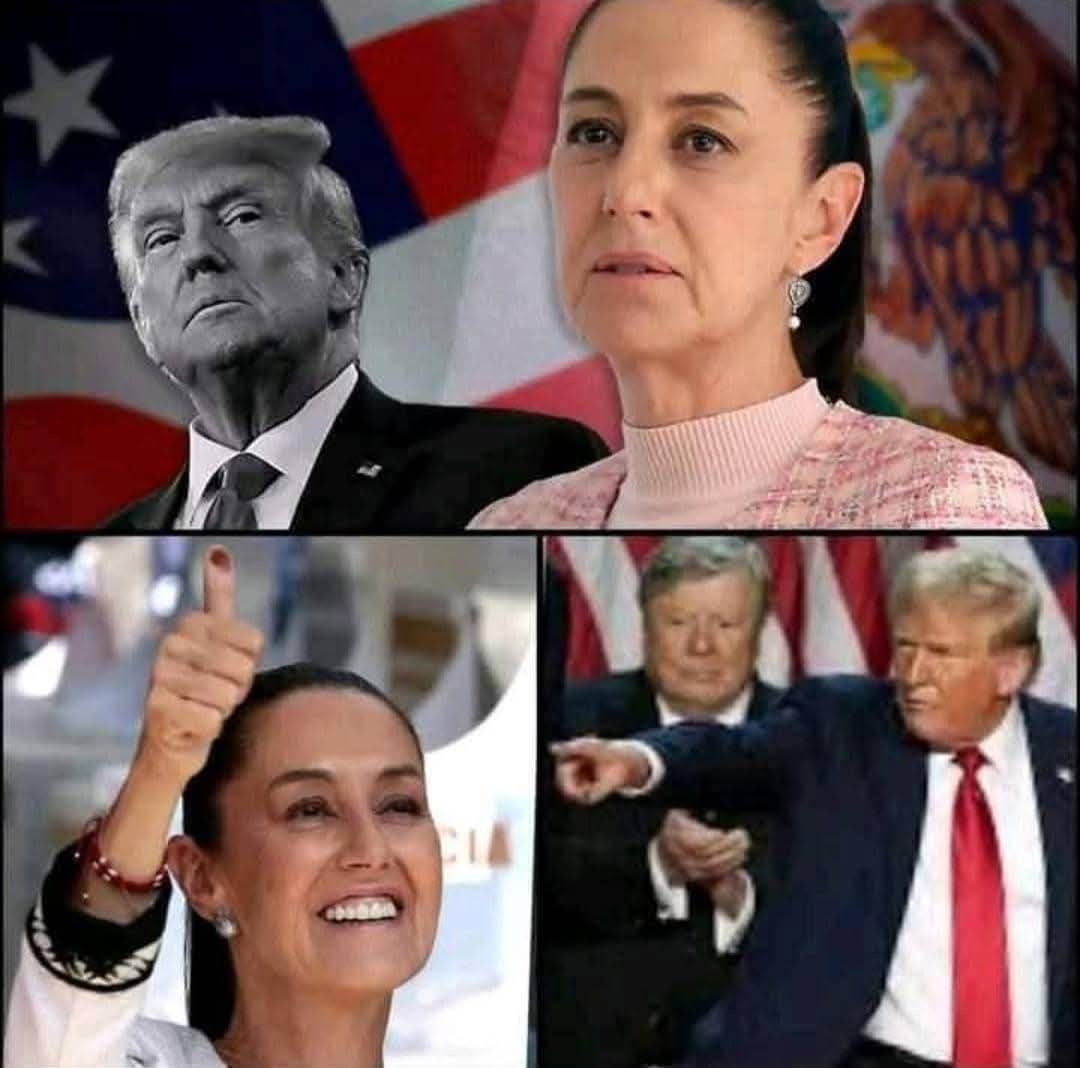
A World Divided: Global Responses to the US Strikes on Iranian Nuclear Sites
The world recoiled following President Donald Trump’s announcement of a US-led attack on three Iranian nuclear facilities, including the sensitive Fordo site. His declaration on Truth Social, proclaiming this an “HISTORIC MOMENT,” ignited a firestorm of international reaction, revealing a deeply fractured global response to the unprecedented act of aggression.
Iran’s Fiery Retort and International Law
Iran’s Defiance:
Iranian Foreign Minister Abbas Araghchi immediately issued a blistering condemnation via X (formerly Twitter). He vehemently denounced the attacks as “outrageous,” “lawless,” and “criminal,” highlighting their violation of the UN Charter, international law, and the Nuclear Non-Proliferation Treaty (NPT). Araghchi unequivocally stated that Iran “reserves all options” in response, asserting its right to defend its sovereignty and people.
A Question of Legality:
The legality of the US strikes under international law became a central point of contention. Araghchi’s statement directly challenged the justification for the attacks, questioning the basis of any claim to self-defense. This legal debate formed a significant backdrop to the global response, dividing nations along lines of support or condemnation.
Allied Reactions: A Spectrum of Support and Concern
Israel’s Unwavering Backing:

In stark contrast to the international outcry, Israeli Prime Minister Benjamin Netanyahu lauded the attack as a “bold decision” that would “change history.” Echoing Trump’s “peace through strength” mantra, Netanyahu framed the action as a necessary step towards achieving lasting peace in the region.
Cautious Allies:
Several US allies, while expressing concern, stopped short of explicitly endorsing the action. The United Kingdom, France, and Germany, engaged in recent attempts at de-escalation with Iran, called for a return to diplomatic negotiations. Their statements, while emphasizing the need for Iran to halt nuclear development, reflected a more measured approach compared to Israel’s enthusiastic support.
International Condemnation and Calls for De-escalation
UN’s Grave Warning:
UN Secretary-General António Guterres issued a stark warning, characterizing the strikes as a dangerous escalation with potentially catastrophic consequences. He emphatically stressed the need to avert a spiral of violence, underscoring that diplomacy, not military action, is the only viable path forward.

European Unity in Concern:
The European Union, through its chief diplomat Kaja Kallas, joined the chorus of voices urging all parties to de-escalate and return to the negotiating table. The EU’s call for restraint highlighted the shared apprehension among European nations regarding the destabilizing potential of the US actions.
Regional Concerns:
Across the Middle East, reactions were varied. Saudi Arabia, a recent US ally, expressed “great concern,” while the Houthi rebels in Yemen, often backed by Iran, denounced the attacks as “blatant aggression.” Lebanon, home to the Iranian-backed Hezbollah, voiced fears of regional escalation and called for restraint.
Beyond the West: Diverse Responses from Around the Globe
The global response extended far beyond the immediate region. Russia’s Dmitry Medvedev, in a Telegram post, questioned Trump’s chances of winning a Nobel Peace Prize, satirically contrasting the president’s campaign rhetoric with his actions. Japan, while emphasizing the need to curb Iran’s nuclear program, opted for a more neutral stance, calling for calm and further discussion. Venezuela and Cuba issued strong condemnations, highlighting the deep divisions the attacks have exposed within the international community. Mexico and Australia joined the calls for diplomatic dialogue and de-escalation.
A Precarious Future:
South Korea’s urgent efforts to minimize the fallout illustrate the widespread concern over the potential for further escalation. The attacks have profoundly shaken global stability, leaving the future of the region hanging in the balance. The world waits with bated breath to see how Iran responds and whether diplomacy can ultimately prevail.